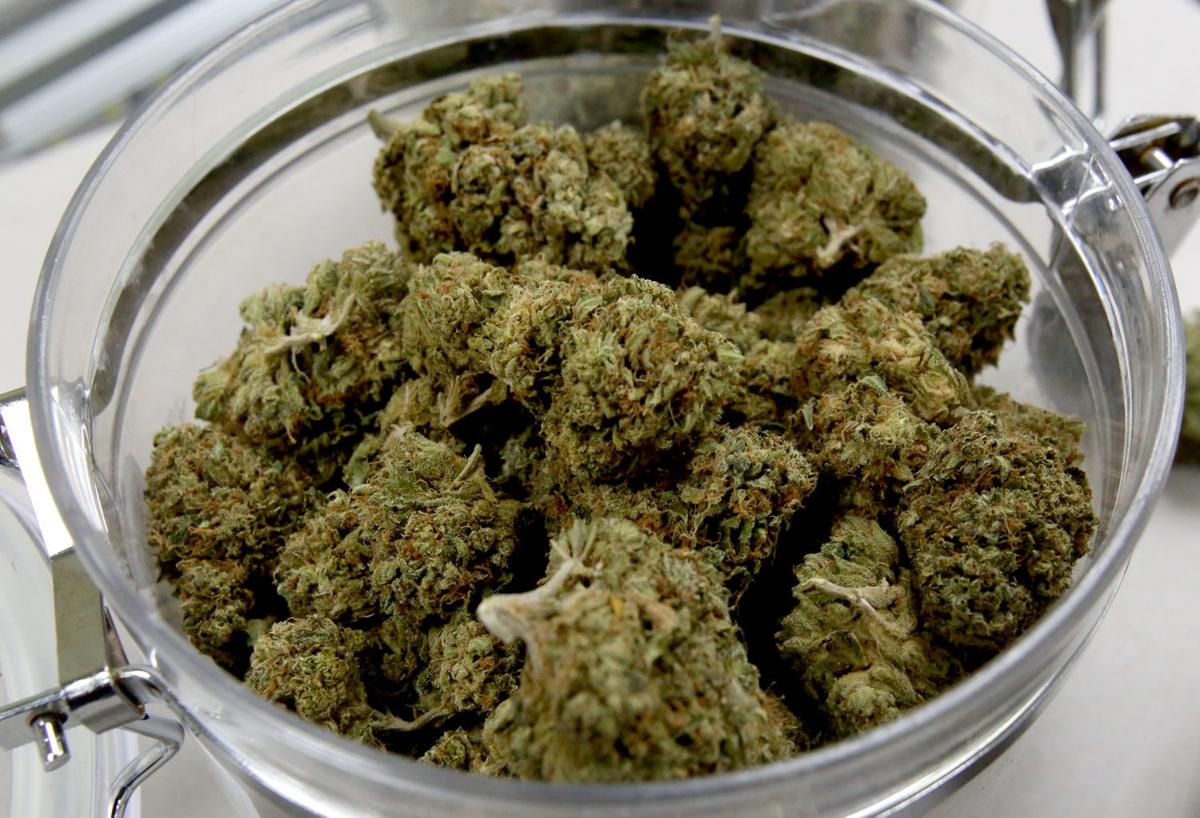PHOENIX — Foes of legalized marijuana asked the Arizona Supreme Court late Thursday to keep voters from ever getting to decide the issue.
Attorney Brett Johnson wants the justices to rule that Maricopa County Superior Court Judge Jo Lynn Gentry got it wrong when she ruled last week that a 2015 change in state law precludes outsiders — including initiative opponents — from challenging the legal sufficiency of the ballot measure. Gentry said that makes all of the alleged flaws Johnson said are in the petitions legally irrelevant.
Johnson also warned the justices that if they refuse to overturn Gentry’s ruling and allow Proposition 205 to be placed on the November ballot that would have dire implications.
“Should the (initiative) committee be allowed to push through such a profoundly flawed ballot measure, future initiative proponents are likely to use the same — or worse — tactics to deceive Arizona voters,” he wrote. “Under the trial court’s interpretation of the law, there is no recourse for such fraud,” Johnson continued.
In his own filing Thursday, attorney Roy Herrera, representing initiative proponents, denied there was any fraud in the way the measure was crafted and presented to the public.
More to the point, he told the justices that Gentry was correct in ruling that the law does not allow initiative foes to seek to have measures kept from the ballot once the secretary of state has concluded it meets all the legal requirements. And he urged the high court not to intercede.
“The court should recognize this lawsuit for what it is — nothing more than an extended disquisition on the (challengers’) ideological and political opposition” to the idea of legalizing the recreational use of marijuana, Herrera wrote, saying their case is ‘built on a catalog of politicized, specious — and in some instances — frivolous arguments that stand in diametric conflict with the Arizona Constitution and controlling precedents of Arizona courts.”
And Herrera said if initiative foes are opposed to the measure they should take their case to the public and not try to have the process short-circuited by the Supreme Court.
Johnson, however, suggested that it would be wrong for them to sidestep the issue and let the voters have the final say. He told the justices they have an obligation to “prevent fraud on the electorate.”
What the court decides will determine if Arizonans get a chance to vote on the measure that would allow any adult to possess and use up to an ounce of marijuana without fear of criminal prosecution.
The justices are expected to take up the issue sometime next week.





